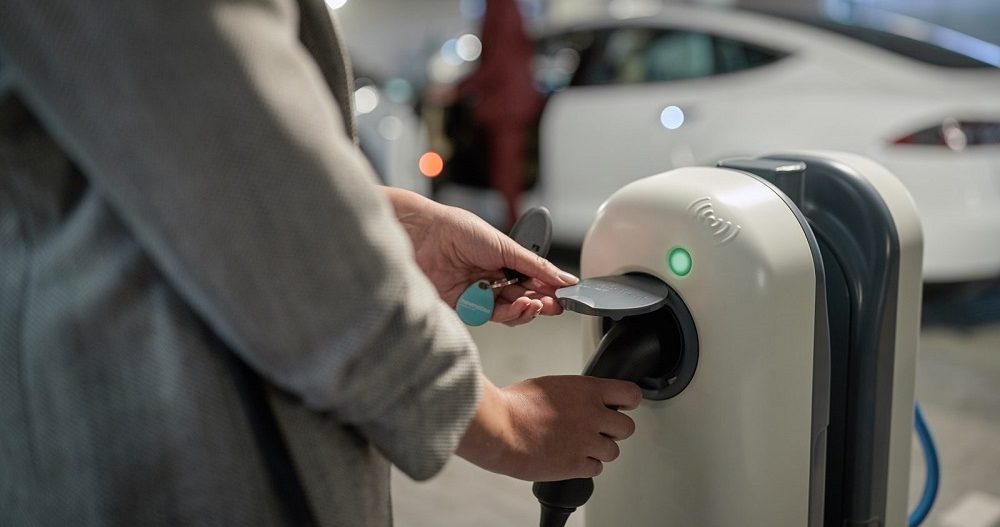A report from the think-tank Policy Exchange has highlighted that the UK will need at least 400,000 charging points in order to meet the demand of EVs, once sales of new internal combustion engine vehicles are banned in 2030.
In order to achieve that goal, the annual rate of installations must increase from around 7,000 over the past three years to 35,000 per year over the next decade.
Currently there are only 35,000 public chargers in the UK’s streets and as we reported there is a disparity in access across different areas of the country.
The research has highlighted that the government must implement a far wider and more reliable infrastructure in order to be able to sustain the all-electric revolution and avoid the risk of “charging blackspots” in small towns and rural areas. We also reported that the implementation of residential chargers could be a game changer in EV adoption.
As we reported one of the major concerns for drivers that are considering switching to battery electric is range anxiety. The only feasible solution to obviate this problem is to make the charging infrastructure available and easy to use to everyone.
Prime Minister Boris Johnson, when he announced the ban on internal combustion engines, has pledged £1.3 billion towards charging infrastructure over the next four years. Also, Transport Secretary Grant Shapps has recently announced a further £20 million of funding for local authorities to install 4,000 more on-street charge points across the UK.
Even though this is a positive step in the right direction it is simply not enough to be ready for the all-electric revolution, according to Gi Fernando, Chairman of New AutoMotive.
“We welcome this announcement of £20 million from the government for 4,000 more on-street charge points across the UK. However, it’s very clear that there needs to be a step change in the speed with which chargers are being installed,” he said. “Out of the 11,930 local authorities in the UK, only 101 have received grant funding for residential chargepoints, which are vital to giving people the confidence to switch to an EV. We need local authorities to recognise that they have a vital role to play in the electric vehicle revolution.”
We recently reported that UK councils are currently planning to install an average of only 35 on-street electric vehicle chargers each, between now and 2025, which clearly is not enough with the ban quickly approaching.
One solution to this issue could be working with private companies, such as Connected Kerb, that will help the councils to speed things up and understand the process needed to achieve the goal.
